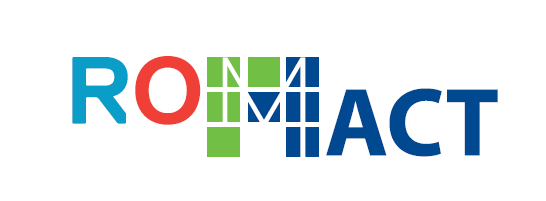European Commission meeting on “Cooperating to integrate most deprived people at the local level”, Brussels, 8-9 December 2015
On 8 and 9 December 2015 the European Commission convened in Brussels an event under the banner "cooperating to integrate most deprived people at the local level". The event brought together more than 100 representatives from EU and international institutions, national, regional and local authorities as well as civil society organisations.
The full report gives a detailed overview of the main messages of the event. The main conclusions were the need to foster participation of Roma on the long term while holding on to realistic expectations around it, the recommendation to engage social inclusion in an incremental manner, all the while combatting anti-Gypsyism and discrimination as well as territorial inequality. Furthermore, the need to grant the necessary time for the building of political commitment and thus breaking the logic of project-based intervention was deemed essential for achieving sustainable results.
Participants were informed that the ROMACT programme will be pursued and extended across the EU. Its aim is to continue to respond to local needs in a pragmatic way, helping building the capacity of local authorities to integrate marginalised people, in particular those of Roma ethnicity, both in their home countries as in countries where they move to. It will also support interested municipalities in cooperating, connecting and sharing information.
Starting in early 2016 the ROMACT programme will offer new concrete support measures to municipalities aiming at integrating marginalised people, in particular those of Roma ethnicity, originating from other EU countries.
Municipalities will be invited to submit applications in response to calls for interest published by the Council of Europe. Information about these calls will also be disseminated through national authorities and associations of municipalities.
Documents:

